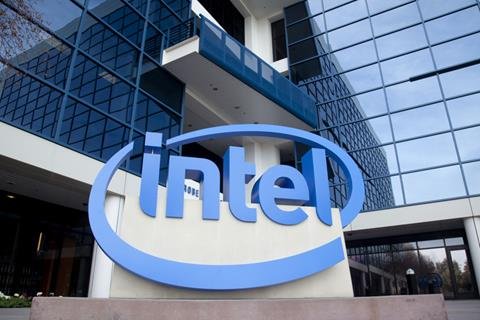In this issue, Open Markets policy counsel Tara Pincock — who helped write the original lawsuit against Google — discusses a potential breakup.
Read MoreSenior reporter Karina Montoya is quoted emphasizing the significance of the Department of Justice's focus on how Google's dominance in the general search market could extend into AI technology markets.
Read MoreIn Project Syndicate’s Big Question, Tara Pincock weighs in on the current state of antitrust law, enforcement, and the courts.
Read MoreOpen Markets submitted a comment to the FTC calling for termination of a 2012 Coopharma consent order and urging the agency to endorse an exemption for employees, contractors and small firms that challenge concentrations of power.
Read MoreOpen Markets senior reporter and researcher Karina Montoya shared a statement in response to the Department of Justice's proposed remedies to address Google’s monopoly over online search.
Read MoreOpen Markets Institute Food Program Manager Claire Kelloway weighed in on the USDA’s latest actions to improve fair competition in food and agriculture -- actions heavily informed by Open Markets' scholarship.
Read MoreIn Competition Policy International: Antitrust Chronicle, September 2024, Open Markets senior legal analyst Daniel Hanley publishes a paper, "Illuminating the Anti-Coercion Foundations of Refusals to Deal.”
Read MoreOpen Markets files amicus brief in algorithmic price-fixing case involving Las Vegas hotels, Gibson v. Cendyn Group.
Read MoreExecutive director Barry Lynn appears on Keen on arguing that that big tech monopolies like Google, Amazon, and Microsoft pose the greatest threat to American democracy, requiring urgent antitrust action to safeguard freedom
Read MoreExecutive director Barry Lynn points out that while there’s growing recognition of the harms of monopolies within the Democratic Party, the continuation of robust antitrust enforcement depends on sustained political will from future leaders.
Read MoreCJL director Courtney Radsch discusses how Google and Facebook have diverted over $14 billion annually from local news outlets which as significantly damaged the industry, and aims to expose corporate abuses and advocate for systemic change to counter monopolistic power.
Read MoreIn this issue, we explore how Intel’s recent woes suggest that Biden administration’s CHIPS and Science Act was insufficient and recommend how the next administration must go further in investing in semiconductor manufacturing to protect the country’s national interest.
Read MoreAccording to senior policy analyst Karina Montoya, the "spaghetti football" chart, intended to illustrate industry fluidity, instead caused confusion and potentially undermined Google's argument in the ad tech monopoly trial.
Read MoreKarina Montoya shares five takeaways from the initial weeks of the Google ad tech monopoly trial in Tech Policy Press.
Read MoreFood program manager Claire Kelloway was quoted highlighting the utter dominance of large corporations in the highly concentrated food markets, like the mayonnaise industry arguing that without antitrust enforcements ensuring fair competition, it's unlikely that these monopolistic structures will diminishing allowing for market-sharing
Read MoreAs the EU's competition enforcer Margrethe Vestager prepares to step down, Max von Thun writes in the Financial Times that the incoming chief Teresa Ribera must take up the mantle to shape markets in the public interest.
Read MoreChief economist Brian Callaci was quoted criticizing corporations for protecting their control over management while unfairly blaming workers for issues caused by poor managerial decisions.
Read More

















